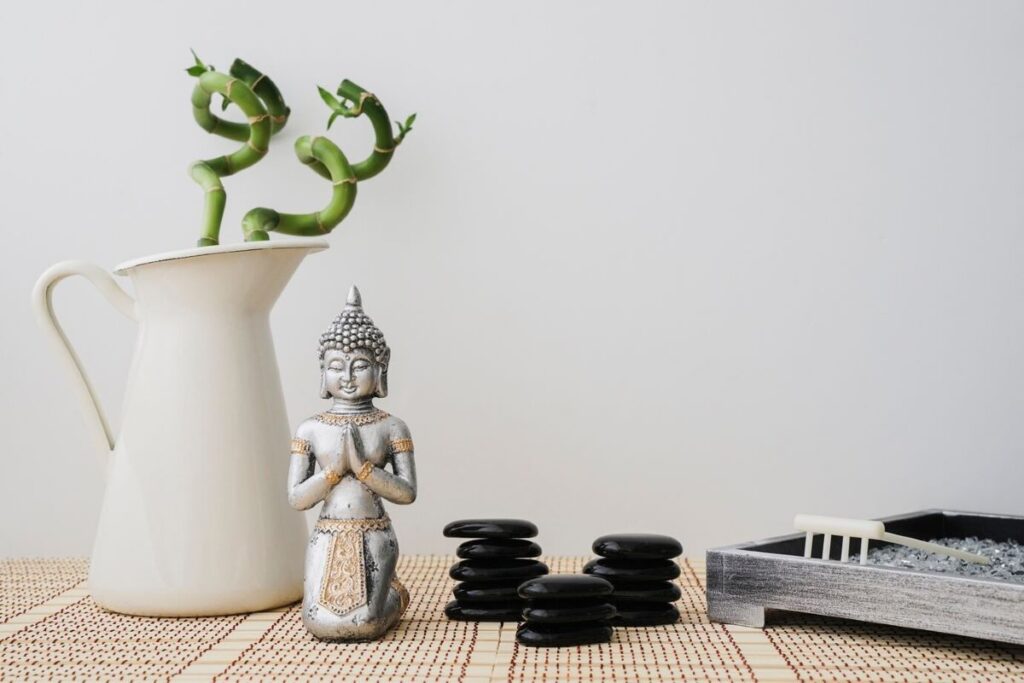Awkward situations are a part of life. They happen to all of us, and are actually a sign that we care about the opinion of the person we’re interacting with, as well as our own reputation and appearance. That being said, no matter how common awkward situations are, they’ll still make for an awful position to be in, and we usually want to get out of them as quickly as possible.
Assess the Situation
How you properly handle a situation depends entirely on the type of awkwardness that was created in the first place. Are you doing something that may be garnering unwanted attention? Have you made a poorly thought-out comment, asked an inappropriate question, or forgotten an important bit of information like someone’s name? Or perhaps someone is behaving this way towards you. Perhaps you’re at an event and you’ve found yourself surrounded by people you’ve never met before.
There are three ways in which these kinds of moments can be categorized: awkward moments that were caused by the situation itself, awkwardness that you’ve created, and awkwardness that someone else has created.
Situational Awkwardness
In this case, you may find yourself at an event where you don’t know anyone, or you may be doing something that is garnering unwanted attention. For instance, newbies at the gym often feel awkward or like they’re being stared at, or you could be practising your presentation for work in the mirror, when your roommate walks in on you. Maybe you tripped over something in front of a group of people. Whatever the situation, this isn’t anyone’s fault. Here, all you really need to do is own the situation.
Confidence is the best way to combat this. The awkwardness only has as much fuel as you give it, and oftentimes, you may be the only one who feels uncomfortable. You could approach the situation with a sense of humour or use it as an opportunity to grow and expand your social circle.
Awkwardness Caused by You
Maybe you’ve said something you shouldn’t have, or you’ve asked a prying question that made the person uncomfortable. Maybe you’ve forgotten someone’s name. In this case it’s best to own up and apologize. This is a learning opportunity, so rather than just laughing it off, or blaming the awkwardness on your quirkiness, you can use this as a chance to learn and/or read the room a little better. Also, in the case of asking invasive questions, it doesn’t matter how close you are to the person, there are just certain things that you should not ask.
In this case, apologize and own up to your mistake, without making the situation about you. Or just apologize and admit that you’ve forgotten their name.
Awkwardness Caused by Others
This takes the situation above and reverses it. In this case, there are a few things that you can do. Firstly, take a moment to think before you react. Your first instinct may be one of anger or upset, and while those are both valid reactions, they’re not best to lead with if you want to have a productive conversation.
Often if someone has done something to upset or offend you, a one sentence response is best. “I am uncomfortable discussing this with you.” Is a fine response. Then, suggest an alternative conversation topic instead. If the person keeps pushing, hold your ground and repeat your one sentence response.
You may also want to bring something to someone’s attention or call them out for their behaviour and are unsure how to do this. Maybe they have bad breath, or their abrasive attitude keeps driving people away. If you want to save the person from embarrassment, eating a piece of gum and then offering a piece to the other person, is a good option. If their attitude is a problem, sit down and have a conversation with them about it in a private place.
At the end of the day, don’t bring up the situation once it’s over. Most people find awkward situations to be embarrassing, and you won’t make any friends by bringing up past awkward moments, especially if it’s at someone else’s expense.
Lauren Schwartz | Staff Writer










